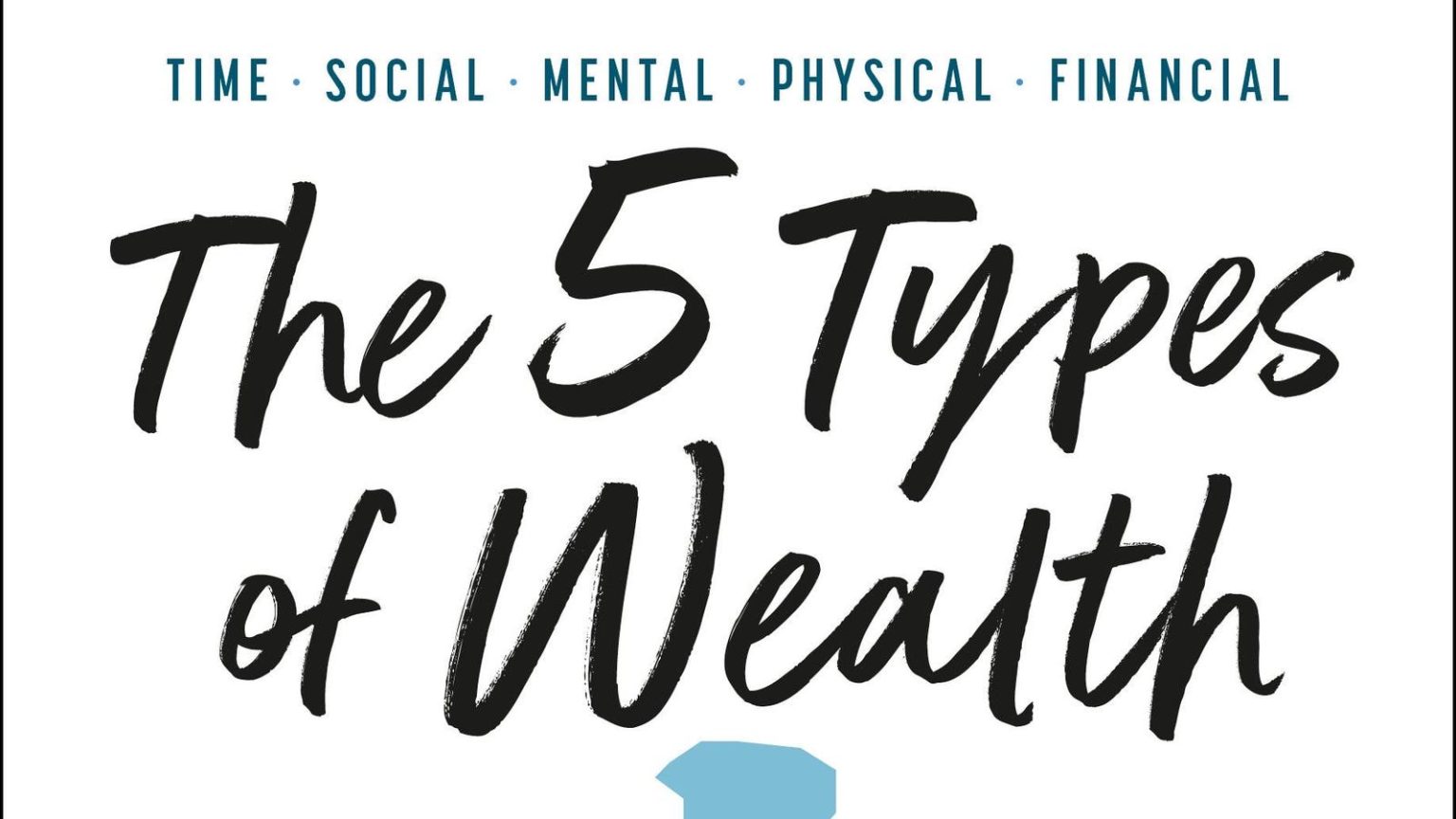The pursuit of success, often measured by external achievements like financial wealth or career milestones, can be a deceptive journey. We are constantly bombarded with headlines celebrating new market highs, prompting a mixture of excitement and anxiety about the inevitable downturn. However, this pursuit of "more" often leads to a phenomenon known as the "arrival fallacy," the misconception that achieving a specific goal will bring lasting happiness. Sahil Bloom, an entrepreneur and author, experienced this firsthand. Despite achieving considerable financial success at a young age, he found himself deeply unfulfilled, questioning the meaning of it all. This "is this it?" moment is a common human experience, occurring in various life domains, from career and finances to relationships and personal achievements. It’s the realization that reaching the summit of one mountain only reveals another, higher peak in the distance.
Bloom’s experience led him to explore the concept of wealth beyond its monetary definition. In his book, The 5 Types of Wealth, he argues that true wealth encompasses not just finances but also time, social connections, mental well-being, and physical health. He illustrates how our tendency to fixate on financial metrics as the sole measure of success creates a "scoreboard problem." Money, being easily quantifiable, becomes the default yardstick for life’s worth, often overshadowing other crucial aspects of a fulfilling existence. This singular focus can lead to a perpetual chase for "more," trapping us on a hedonic treadmill where satisfaction remains perpetually just beyond reach. Bloom’s journey from financial success to a broader understanding of wealth underscores the inadequacy of monetary riches alone to bring lasting contentment.
The allure of the "next big thing" and the fear of losing what we’ve gained can create a cycle of anxiety and dissatisfaction. This is where the "hedonic treadmill" comes into play, a concept describing our tendency to quickly adapt to new circumstances, both positive and negative. While often viewed negatively, this adaptability can be a valuable human trait, driving us to strive for improvement and overcome challenges. This inherent drive, if channeled correctly, can be a source of motivation and growth, propelling us towards new experiences and achievements. Bloom’s own experience exemplifies this, as his dissatisfaction with purely financial success spurred him to explore deeper meanings of wealth and share his insights with others.
The "arrival fallacy," however, doesn’t just apply to positive experiences. It also shapes our perception of challenges and setbacks. We may perceive a current hardship as defining, overlooking its temporary nature. Daniel Kahneman, a Nobel laureate in economics, captures this well: "Nothing in life is as important as you think it is while you are thinking about it." This perspective offers solace during difficult times, reminding us that adversity, like success, is transient. The key lies in recognizing that most of life unfolds in the spaces between these peaks and valleys, in the everyday moments that often go unnoticed in our pursuit of extraordinary milestones.
Bloom’s framework for understanding wealth provides a roadmap for navigating these fluctuations. By recognizing and investing in all five types of wealth, we can create a foundation for more sustainable fulfillment. This involves consciously allocating time and resources not just to financial pursuits but also to nurturing relationships, cultivating mental and physical well-being, and engaging in activities that bring genuine joy and meaning. This holistic approach allows us to celebrate achievements without becoming overly attached to them, understanding that each peak is merely a point along a continuous journey. It encourages us to embrace the "in-between" moments, finding satisfaction in the process of growth and learning, rather than solely focusing on the end result.
Ultimately, the pursuit of true wealth is not about chasing fleeting highs but about cultivating a life of continuous growth and appreciation. By shifting our focus from the external validation of financial success to the internal richness of a well-rounded life, we can break free from the hedonic treadmill and experience a more sustainable form of happiness. Recognizing the temporary nature of both triumphs and setbacks allows us to embrace the full spectrum of human experience, appreciating the journey as much as the destination. This shift in perspective, from "more" to "enough," empowers us to find contentment in the present moment and cultivate a life filled with perpetual all-time highs, not just in our portfolio but in every aspect of our being. It’s about recognizing that true wealth lies in the richness of our experiences, the strength of our connections, and the overall well-being of our mind, body, and spirit.

